In our lesson on Akan (Twi) Verbs (Adeyɔ), we defined a verb as a word or phrase that describes an action, condition, or experience. Now, whether the action, condition, or experience that a verb describes happens in the present, happened in the past, or is to happen in the future determine the form of the verb that is used. Let’s try to make this simple.
If you open a door and seconds, minutes, hours, months, or years later, I want to describe that action, I need to say it in such a way that my addressee would know that the action took place in the past. Likewise, if you are yet to open the door and I want to talk about it, I need to make the time factor clear in what I say. This brings us to a very important aspect of verbs: tense.
This will only be a brief introductory lesson to the concept of verb tense in Twi. If you need to read more about how we form the various tenses in Twi, you may click through the links provided under each type.
What is a Verb Tense?
The tense of a verb is its form that indicates when the action it describes happens, i.e. it tells us whether the action the verb describes is in the past, present, or future. Following from this definition, there are three main verb tenses:
The Present Tense
The present tense is used to describe things that are currently happening or that are always the case. For more on the present tense in Twi, click here.
1. Menom nsuo
I drink water
2. Ama tɔn nkosua.
Ama sells eggs.
3. Kofi pɛ aduane.
Kofi likes food.
4. Ɔwɔ no fe sika.
The snake vomits money.
5. Wodware mprɛnsa.
You bath thrice.
The Past Tense
The past tense is used to describe things that have already happened, i.e. events that took place before the current time of speaking. For more on the past tense in Twi, click here.
6. Asumadu too paanoo no.
Asumadu baked the bread.
7. Amakye soaa nnema no.
Amakye carried the things.
8. Kofi didiiɛ.
Kofi ate.
9. Kraman no kaa me.
The dog bit me.
10. Ama tee ntoma no.
Ama tore the cloth.
The Future Tense
The future tense is used to refer to things that have yet to happen, i.e. things that have not happened yet by the time of speaking but are expected/likely to happen in the future. Please click here to read more about the future tense in Twi.
11. Akua bɛware kyena.
Akua will marry tomorrow.
12. Ɔbɛnoa bayerɛ.
He/she will cook yam.
13. Kofi bɛtu kwan.
Kofi will travel.
14. Mɛfa no saa ara.
I will take it like that.
15. Ɔsɔfo no bɛhyɛ nkɔm.
The pastor will prophesy.
We will be exploring further the three main types of verb tenses in our subsequent lessons. We will find out how the verb groups under each type is formed in Twi and go on to list more examples.
Please don’t forget to subscribe to the website, our YouTube channel, and like our Facebook page.

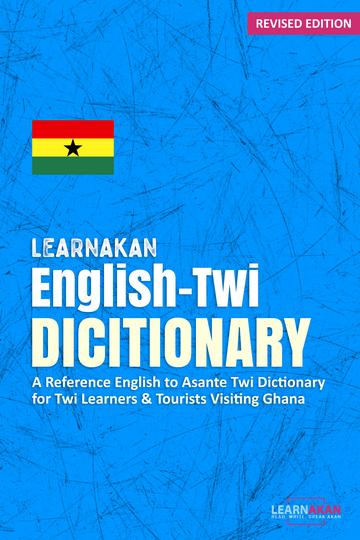


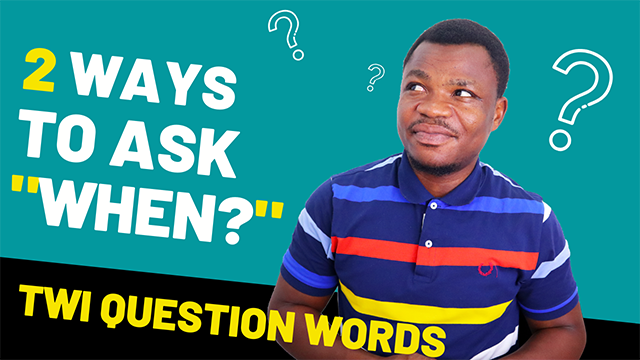
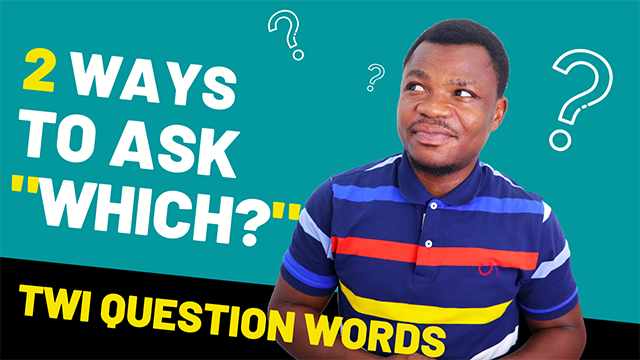
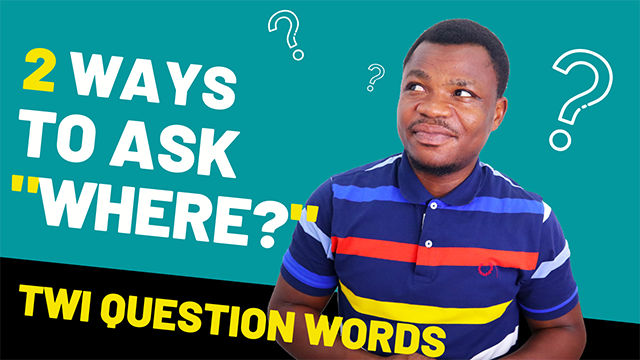
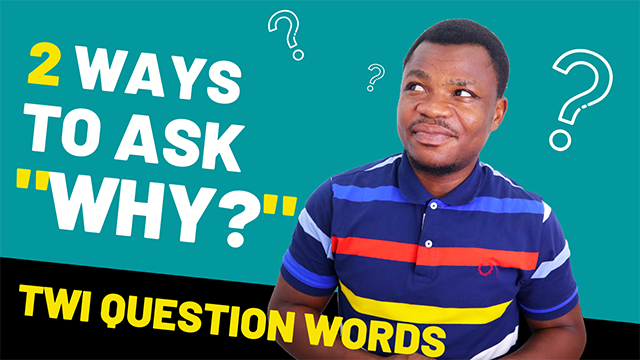
Responses